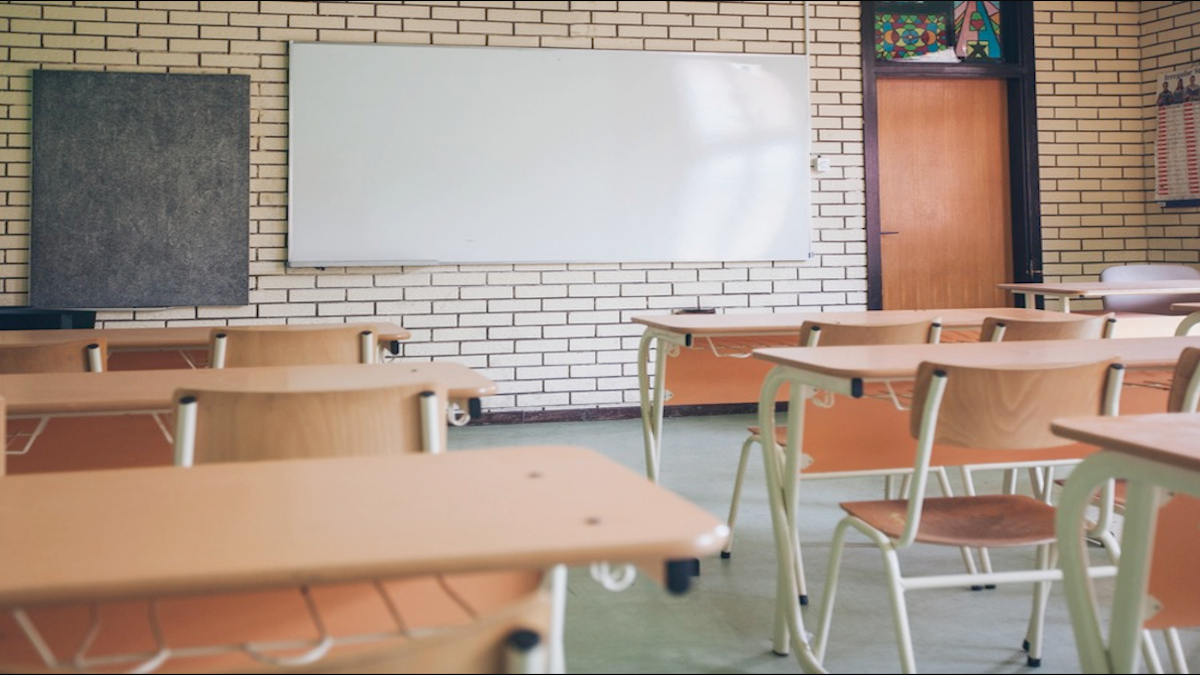The closing of schools that was the basis for the nationwide COVID-19 lockdown was not entirely necessary, according to a subject matter expert from the American Institute for Economic Research (AIER).
“Suddenly, we turned everybody in America into an overnight homeschooler, even though people weren't prepared for it, shutting down church schools, private schools, public schools, everything,” AIER Editorial Director Jeffrey Tucker told Texas Business Daily. “It was really ridiculous and no matter how bad this was, I don't think you should ever close schools.”
Tucker blames the Centers for Disease Control and Prevention for what he calls a "social experiment" that dates back to 2005.
“All of this traces back to a Bush administration initiative when they were trying to consider what to do in the event of bioterrorism because they were concerned that they had unleashed all kinds of hell after the Iraq war, which they couldn't put back into a bottle,” Tucker said.
The University of Vermont published data in July in the journal Pediatrics that would seem to support Tucker’s assertion that schools should not close. The study reported that it is rare for children to spread COVID-19 to each other or adults and that schools should reopen in the fall with social-distancing protocols in place.
“Once you close the schools, you've got other problems because kids want to be around their friends,” Tucker said. “The authorities had to close the parks, the malls and all public places as well as businesses because once the kids are home, the parents have to be home too, otherwise you create latchkey kids. That was the cascading effect.”
Overall, however, Tucker foresees a silver lining because the Department of Education needed disruption.
“I don't believe in this kind of disruption, but something needed to be done,” he said. “We've seen school choice work. We've seen charter schools and homeschooling work. We need a greater degree of multiplicity of options for parents and not just the strict geographical system of property tax-funded public schools in which parents have to pay themselves if they want anything beyond the basics for their children.”
Tucker hopes that the coronavirus shakeup will lead to a more innovative and creative diversity of options for parents.
"Maybe kids don't have to be in school from eight to four every single day," he said. "Maybe they can go from eight to noon and work in the afternoon. There are a lot of really interesting, innovative options that could happen to schooling that we just haven't tried."
As the lockdown comes to an end, Tucker said he would like to see parents use the opportunity to explain to the educational and political authorities that a greater degree of choice is needed.
“A lot of parents feel powerless and don't know what to do,” he said. “They could start with a heartfelt letter to their state representatives or even city council, saying they have too few options with which to provide their children with the best education. Every little bit of voicing of concerns to our public officials can make a crucial difference, especially as we come out of lockdown and approach the end of the year.”

